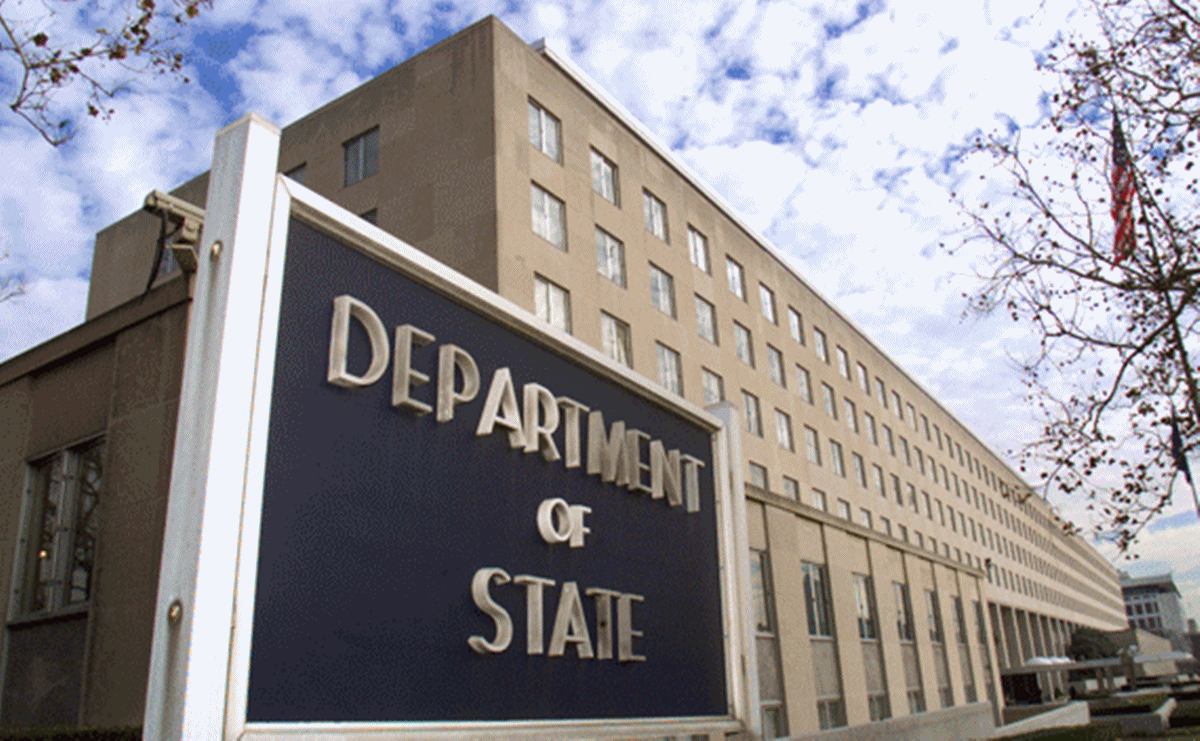
The United States has refrained from joining Britain and Canada in the move to impose sanctions on Belarus, hoping the European Union will be able to tackle an internal dispute, thus greenlighting a coordinated U.S.-EU effort, four sources said on Wednesday.
The EU vowed in August to impose sanctions on Belarus for the alleged vote count fraud in the presidential election held August 9, as well for violence against protesters. However, Cyprus, one of the Bloc's smallest members, has hindered that, as reported by Reuters.
Cyprus says it will not approve of the Belarusian sanctions unless the EU adds to the package sanctions on Turkey over a separate oil and gas drilling dispute with Turkey.
Six sources told Reuters last week that Britain, Canada, and the United States initially planned to hit individual Belarusians with sanctions in a coordinated effort, while only London and Ottawa followed suit on Tuesday.
Read alsoUK, Canada slap sanctions on Lukashenko, his sonAnonymous sources said the U.S. held on the move, believing the EU might achieve consensus as early as this week, at the European Council meeting.
A U.S. set of sanctions was essentially ready, but the timing of any announcement was uncertain, a source familiar with the matter told Reuters.
Belarus election: Reactions
- Alexander Lukashenko has repeatedly claimed "foreign interference" in the election and external efforts to foment the protests. He spoke with Russian President Vladimir Putin who had promised him comprehensive assistance upon request.
- On August 27, Putin suggested sending Russian security forces to suppress protests in Belarus.
- The European Union declared non-recognition of the Belarus election results and reached an agreement to impose sanctions against Belarusian officials in response to vote rigging and the use of violence against protesters.
- On September 15, the Verkhovna Rada of Ukraine adopted a statement on Belarus. Ukrainian lawmakers said the presidential elections in that country were unfair. They condemned repression against protesters and vowed support for sanctions to be introduced by the European Union against Belarusian officials.
- On September 14, Putin received Lukashenko in Russia's Sochi. During the meeting, Putin promised to lend US$1.5 billion to Belarus. After the meeting, the Kremlin announced they would recognize Lukashenko as the only legitimate president of Belarus.
- On September 23, Lukashenko was sworn in as President of Belarus during an inaugural ceremony held behind closed doors in the Palace of Independence in Minsk.
- On September 24, Ukrainian Foreign Minister Dmytro Kuleba said Ukraine does not recognize Alexander Lukashenko a legitimate head of Belarus following the latter's inauguration.
- Ukrainian President Volodymyr Zelensky says Ukraine is in solidarity with the position of the European Union on the events taking place after the presidential elections in Belarus.
- On September 27, French President Emmanuel Macron said Alexander Lukashenko must step down, days after the European Union's foreign policy chief said the Belarusian strongman's "so-called inauguration" lacked democratic legitimacy.

